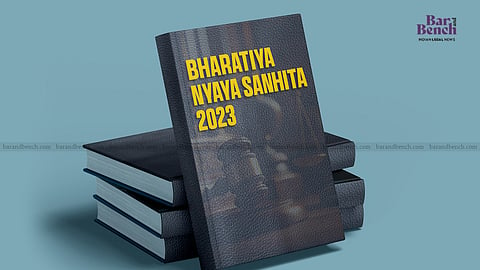
- News
- Columns
- Interviews
- Law Firms
- Apprentice Lawyer
- Legal Jobs
- हिंदी
- ಕನ್ನಡ

The Central government on August 11 introduced three new Bills in the Lok Sabha to replace the Indian Penal Code (IPC), the Code of Criminal Procedure (CrPC) and the Indian Evidence Act.